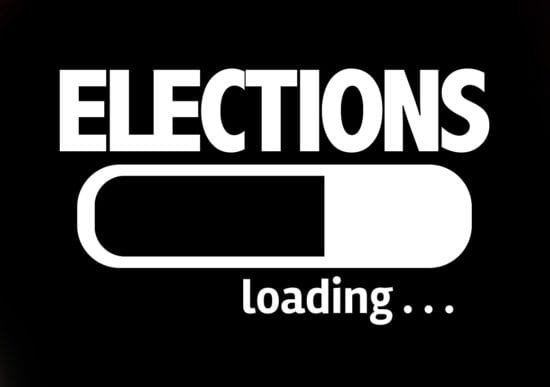According to Reuters and The FT, who have both seen the report, Russian sources mounted a disinformation effort in order to ‘suppress turnout and influence voter references’ at the elections. Alongside this, both outlets have confirmed that the report calls for social media companies to do better, claiming they fell short in their efforts to tackle malicious activity and stating they risk regulation if they fail to do more.
Expert Comments:
Joep Gommers, CEO at EclecticIQ:
 “Today’s review from Brussels certainly raises concerns in the run up to the 2020 US elections and with a UK general election looking more and more likely, but it doesn’t come as a surprise.
“Today’s review from Brussels certainly raises concerns in the run up to the 2020 US elections and with a UK general election looking more and more likely, but it doesn’t come as a surprise.
“Disinformation, psychological warfare and other information operations are standard tactics when entering a time of political significance, and these tactics have now moved into the digital realm. With more than half of the world’s population having an online presence, it is possible for a nation state, an agency, or a solo cybercriminal to flood entire groups of people with information they want them to care about, or with misinformation they would like to be interpreted as truth.
“It’s highly unlikely that this disinformation effort by Russian sources will be the last instance we see of a foreign power attempting to influence the democratic process of another country. We can safely predict that nation states will increasingly make use of information operations in their ongoing attempts to affect the way in which certain populations think.
“Causing people to lose their faith in democracy can be a very dangerous thing; it opens up space for extreme forms of populism at each end of the political spectrum which rely on divide and conquer tactics. Instead of focusing on the technical aspects of the information operations employed by nation states and what they are attempting to influence, it’s vital that we consider how they are influencing people, and what this means for the democratic process and for society itself.”
The opinions expressed in this post belongs to the individual contributors and do not necessarily reflect the views of Information Security Buzz.



